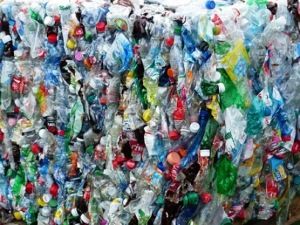News
There’s a lot of money to be made from better plastic recycling
This article is more than 6 years old.
Danes generally are keen on recycling, but a lot more could be done with a bit more planning

A sight to gladden the heart, but there is no room for complacency over plastic recycling (photo: Hans/pixabay)
A new report from the Innovationsfonden public fund and consultants McKinsey presented at UN City yesterday reveals that there are substantial dividends to be had from a more systematic recycling of plastic.
The report estimates savings of around 1.6 billion kroner, reports DR Nyheder.
More recycling would mean less plastic and oil products would need to be imported, and there would also be an added bonus in that jobs would be created.
Less burning, more sorting
“Denmark is very, very bad at recycling plastic, and that is due to the fact that for many years we’ve been burning our rubbish in incinerators,” said Peter Høngaard Andersen, the head of Innovationsfonden.
Up to 60 percent of plastic waste ends up in incinerators. Companies and households produce 340,000 tonnes of plastic waste per year, or 60 kilos per person.
In addition to sorting rubbish more carefully, Andersen suggests a duty on plastic so companies have an economic incentive to recycle.










































